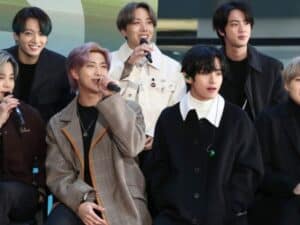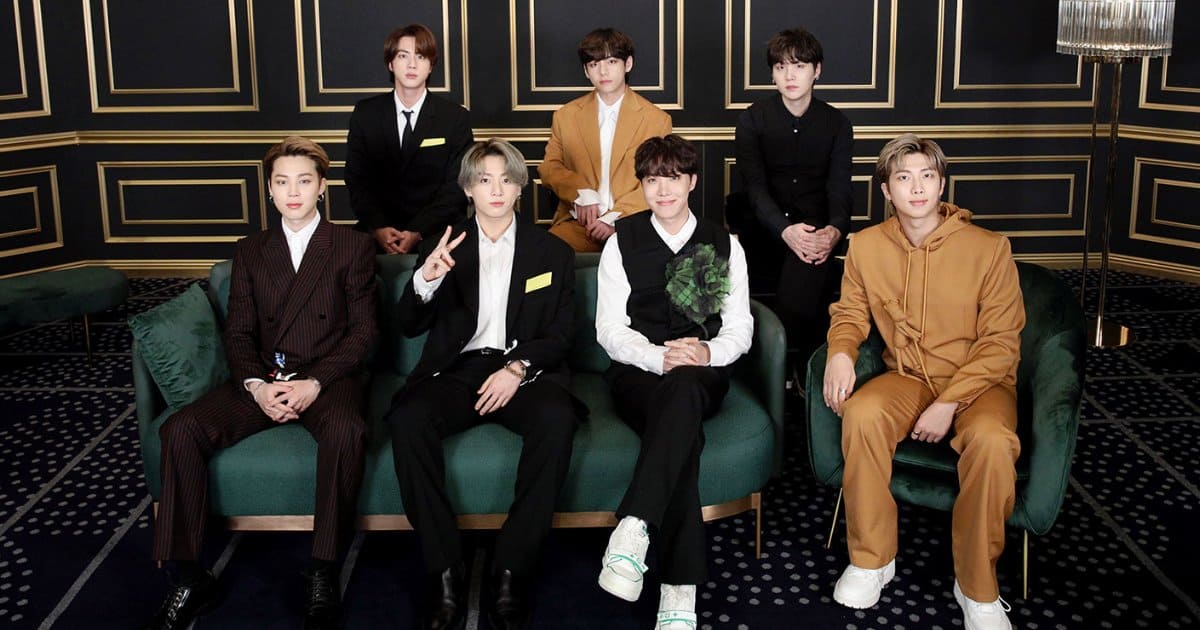BTS is the most admired music band in the entire world. They have sustainable appeal as idols. Their most famous fandom, the BTS ARMY is also instrumental in elevating the number of BTS devotees. Most important of all is the band’s music continues to make it to the top in popularity charts.

BTS has many firsts to their credit. BTS was one of the first idol groups to take up issues of mental health which most of the idols would shy away at the time of their debut. Their anarchist music brings positivity, hope, and courage to their global listeners. The group also voiced their honest opinion on many controversial issues like racism.
BTS has recently been nominated for the prestigious Grammy and Brit Awards 2021. It is surprising that some songs by BTS were banned from being broadcast on television in South Korea. There were multiple reasons, ranging from For various reasons, ranging from overt lyrics to traffic rules violations. Some of the BTS ARMY’s much-loved songs considered unsafe for Korean TV.
BTS Songs that are banned
The following BTS songs are banned for broadcast due to the reasons cited alongside;
1) Converse High, which depicts the classic story of youthful love is banned from being broadcasted on South Korean television owing to the mention of the brand names “Converse”, “Alexandr McQueen” and “Chanel F”. These names are not allowed to be aired on Korean TV
2) Cypher Part 3: Killer, the most acclaimed cyphers from BTS, Part 3, is banned from broadcast in South Korea. The reason behind this is the use of inappropriate expressions and once again, the use of brand names.
3) Intro: Nevermind is banned from television in South Korea because of the lyrics, which say. “I don’t give a sh*t, I don’t give a f**k”.
4) Dope is yet another hugely popular song that is banned from being broadcast in South Korea. The reason for the ban is its “vulgar” lyrics.
5) Pied Piper song is one of the most astute songs of Korean boy band and fans totally love it. This song was banned from Korean television because it mentioned the names of some apps such as V App and Twitter.
However, all the aforementioned songs top the popularity charts worldwide. Both Korean and international fans feel that the cited reasons for the ban are trivial.







